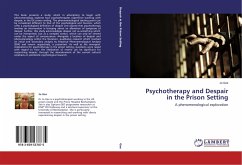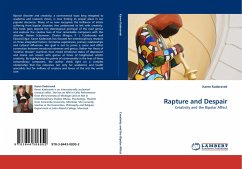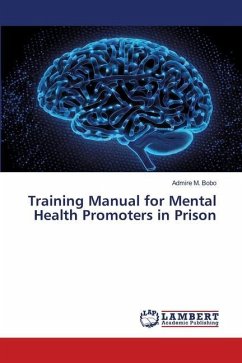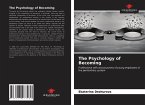This book presents a study, which in attempting to begin with phenomenology, explores how psychotherapists experience working with despair, in the UK prison setting. The phenomenological starting point can be considered different to that of the psychological and forensic, which offer a psychologised definition of despair and assume that psychotherapy involves an intervention in bringing about an alleviation of symptoms of despair. Further, this study acknowledges despair not as something which can be interpreted, but as a complex notion, which can only be viewed under the aspect of consciousness. Alongside a location of despair and phenomenology within the literature, qualitative research which involved an initial and secondary analysis by Empirical Phenomenological Analysis (EPA) and reverie respectively, is presented. As well as the emergent implications for psychotherapy in the prison setting, questions were raised with regard to how the implication of reverie can be significant for researching despair, through the abandonment of the current cultural emphasis on positivistic psychological research.
Bitte wählen Sie Ihr Anliegen aus.
Rechnungen
Retourenschein anfordern
Bestellstatus
Storno








